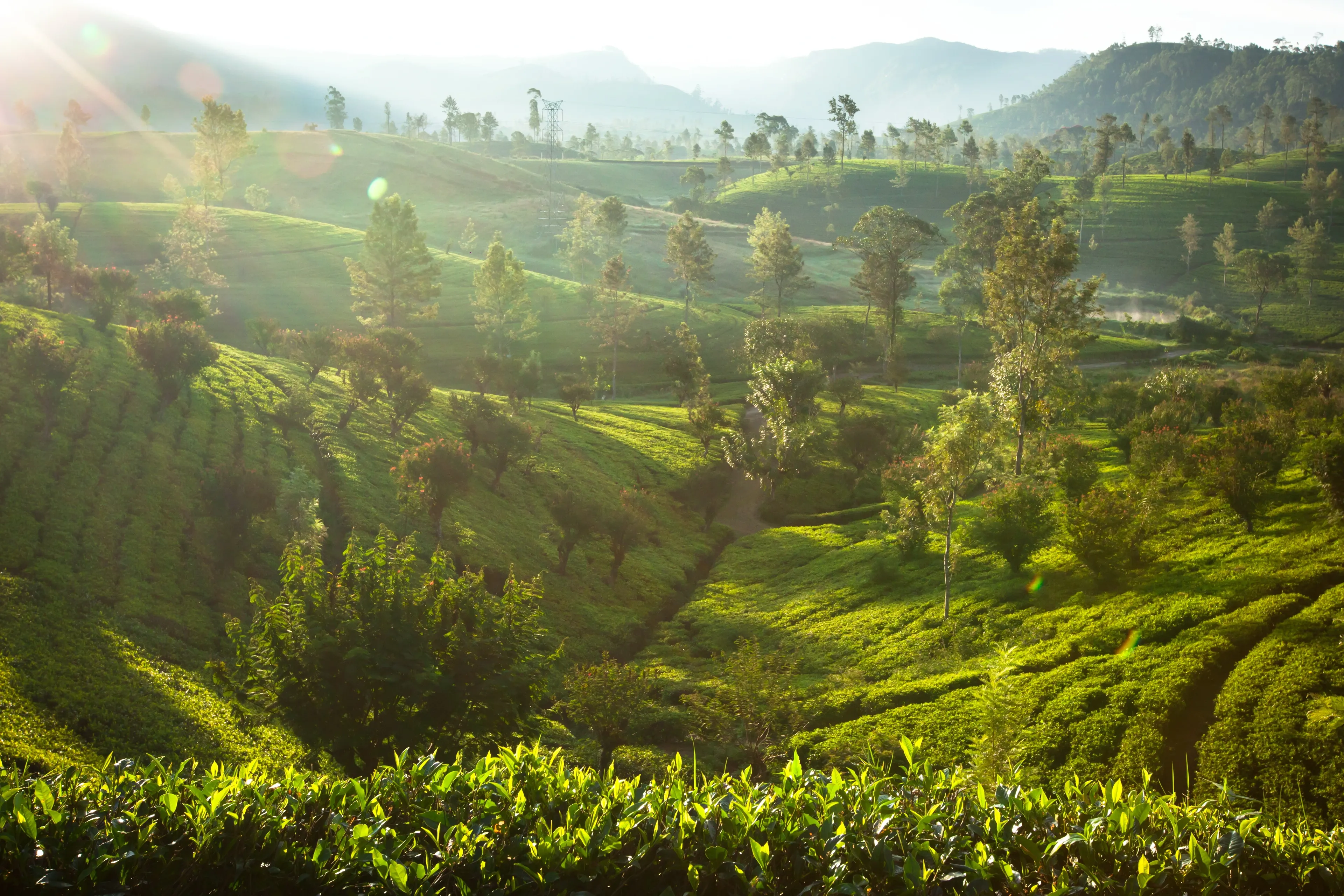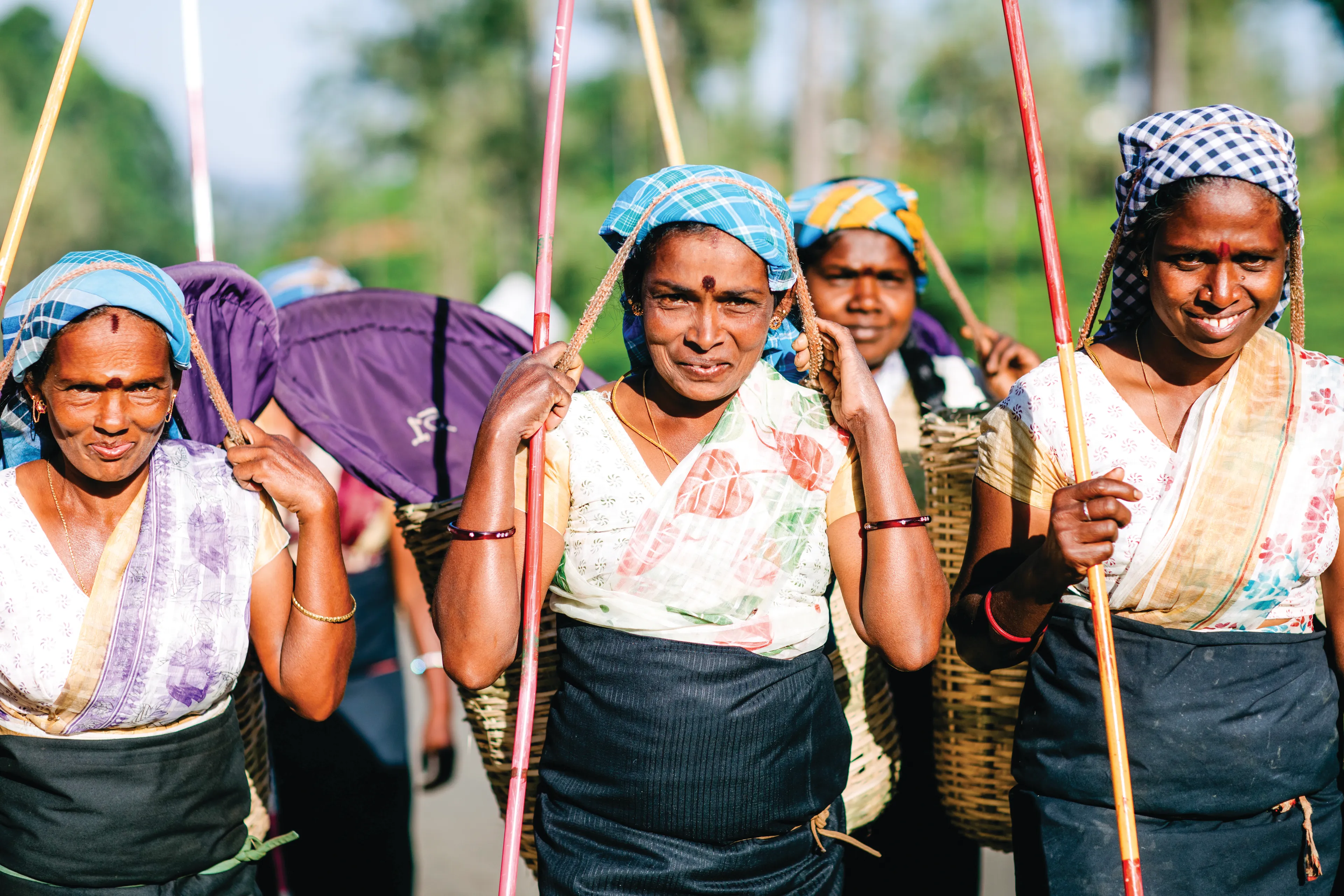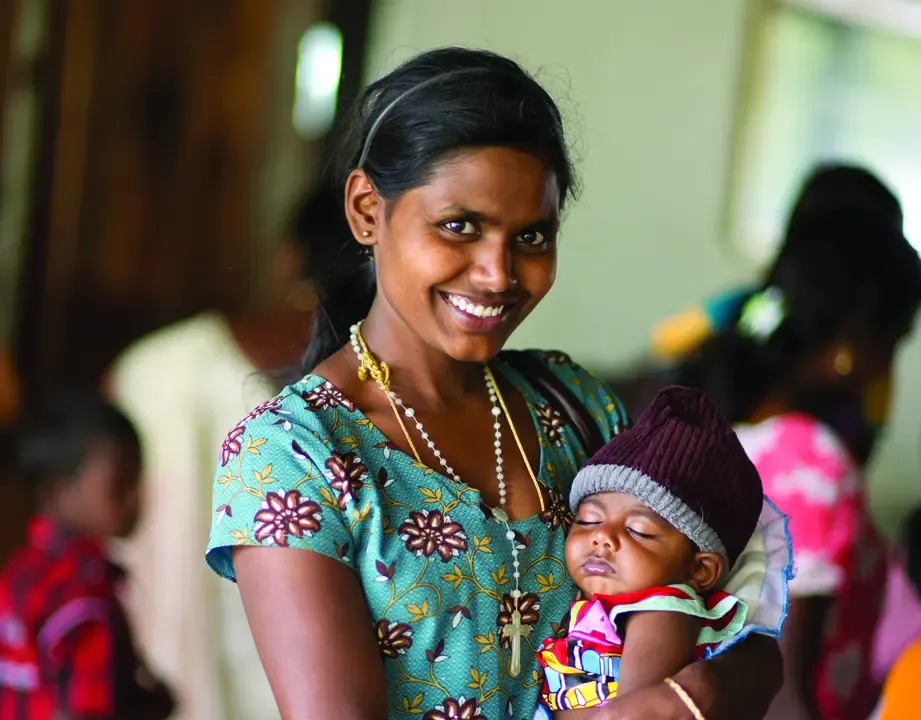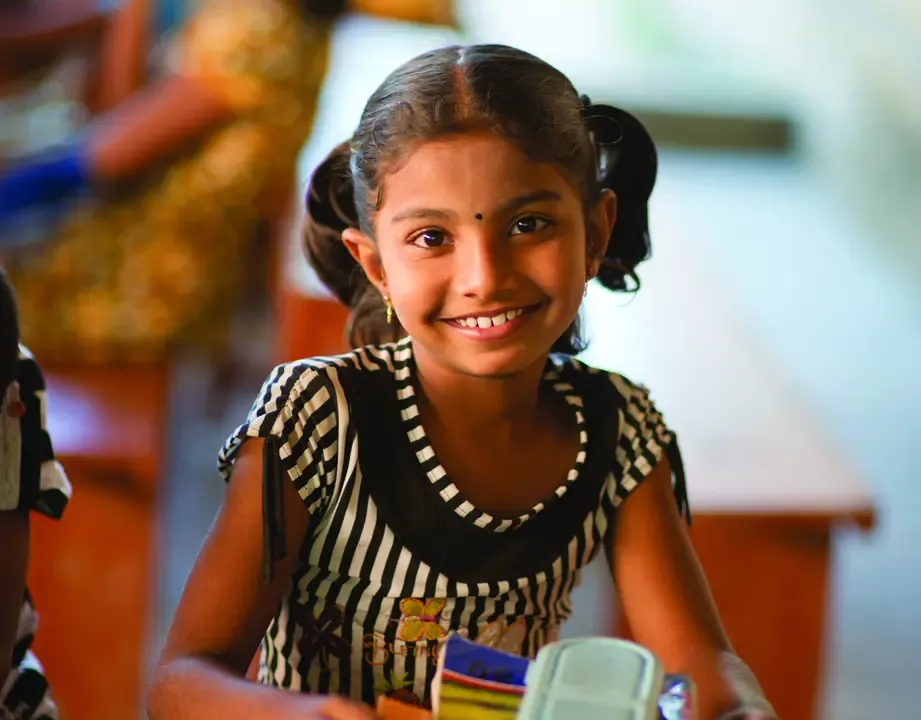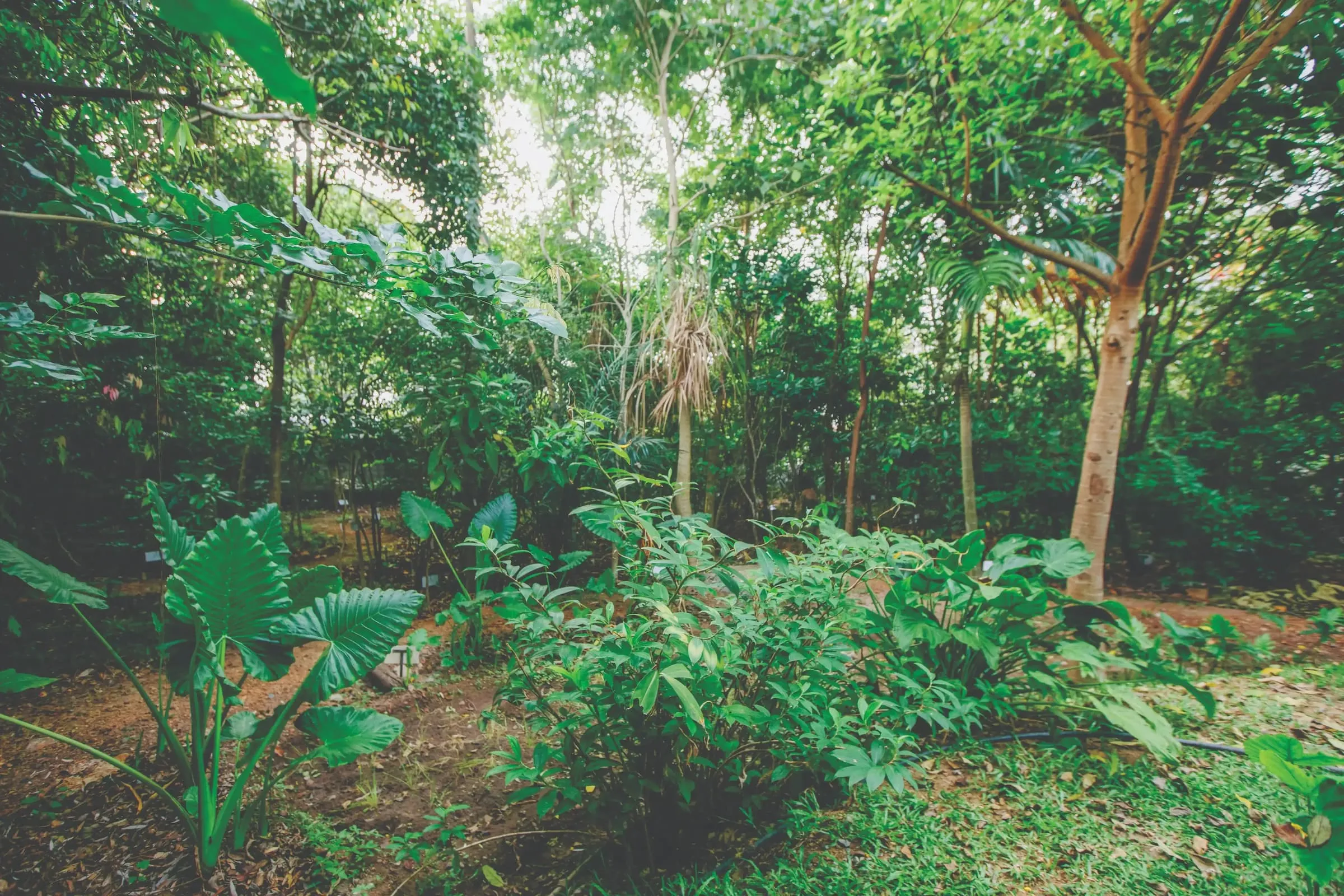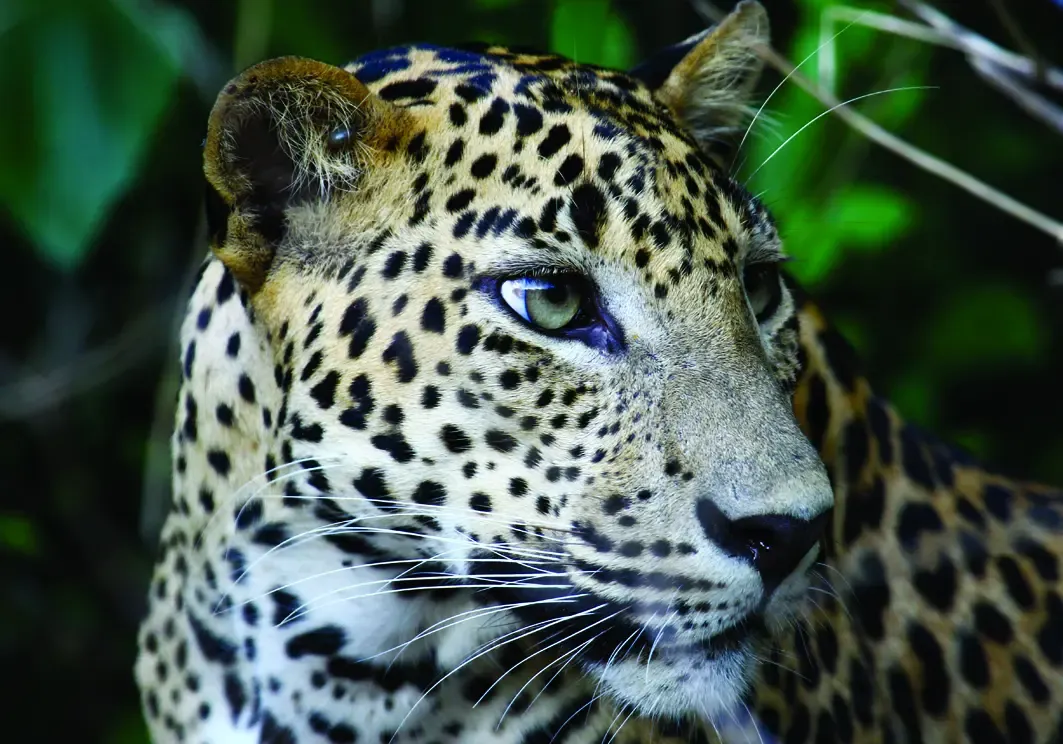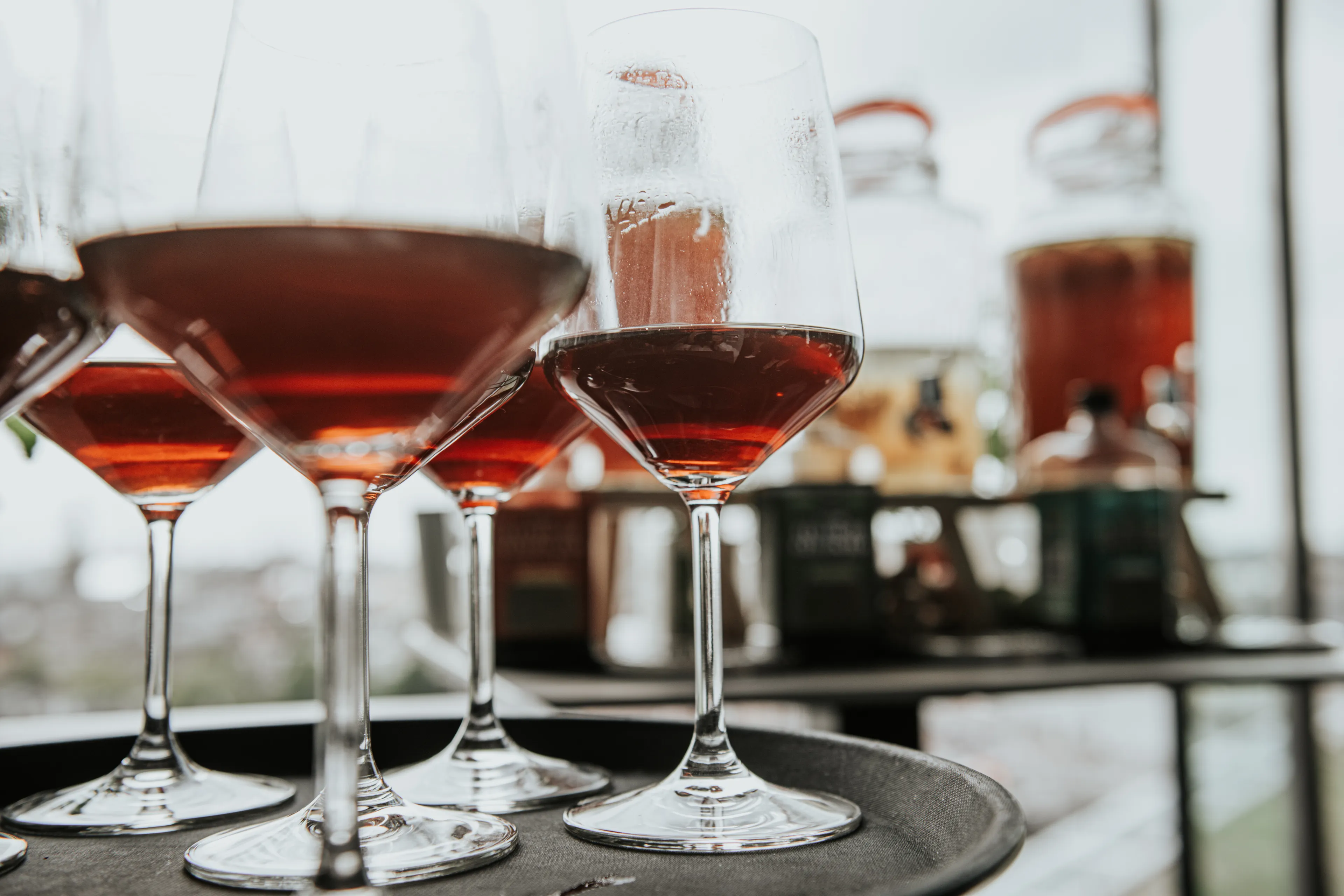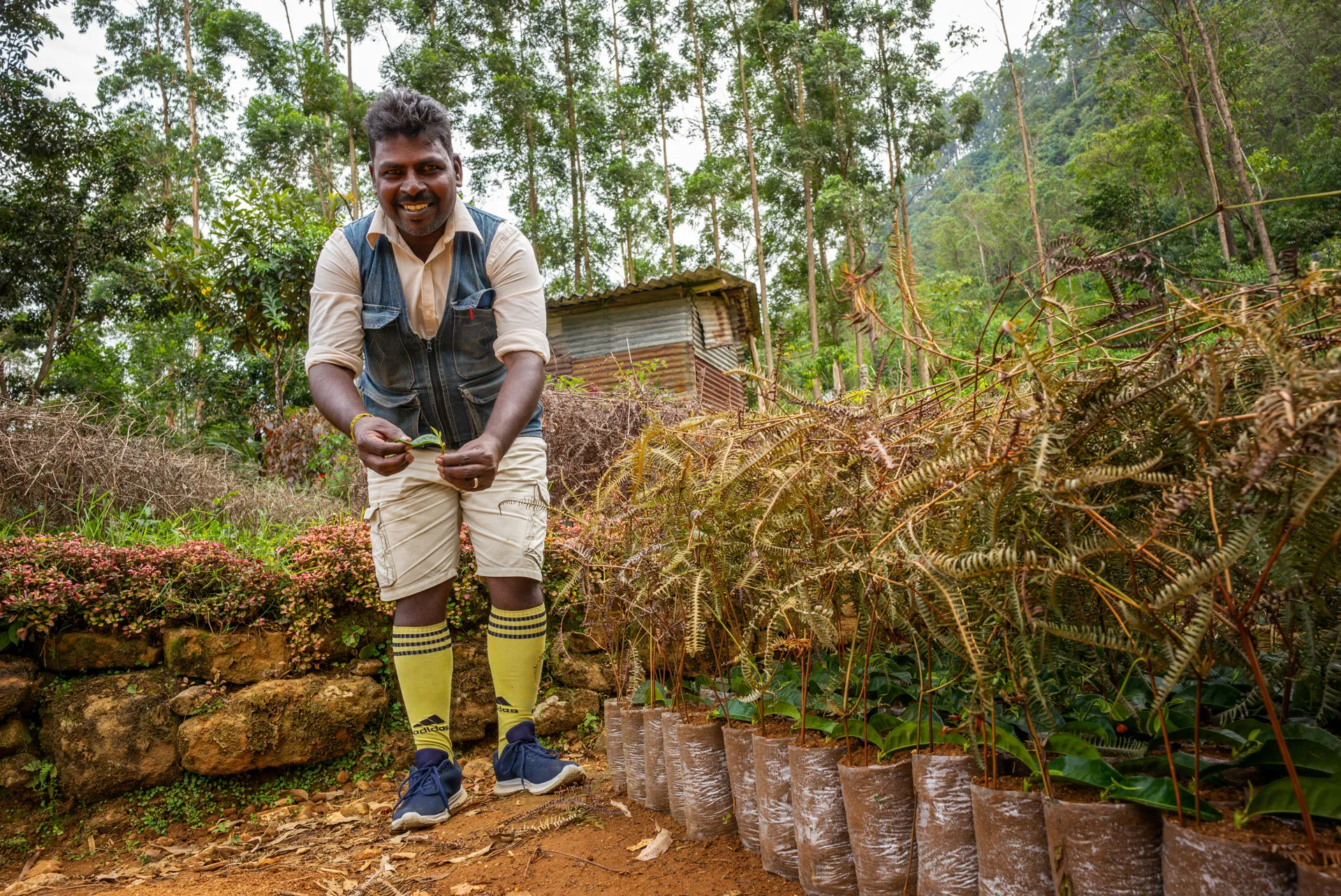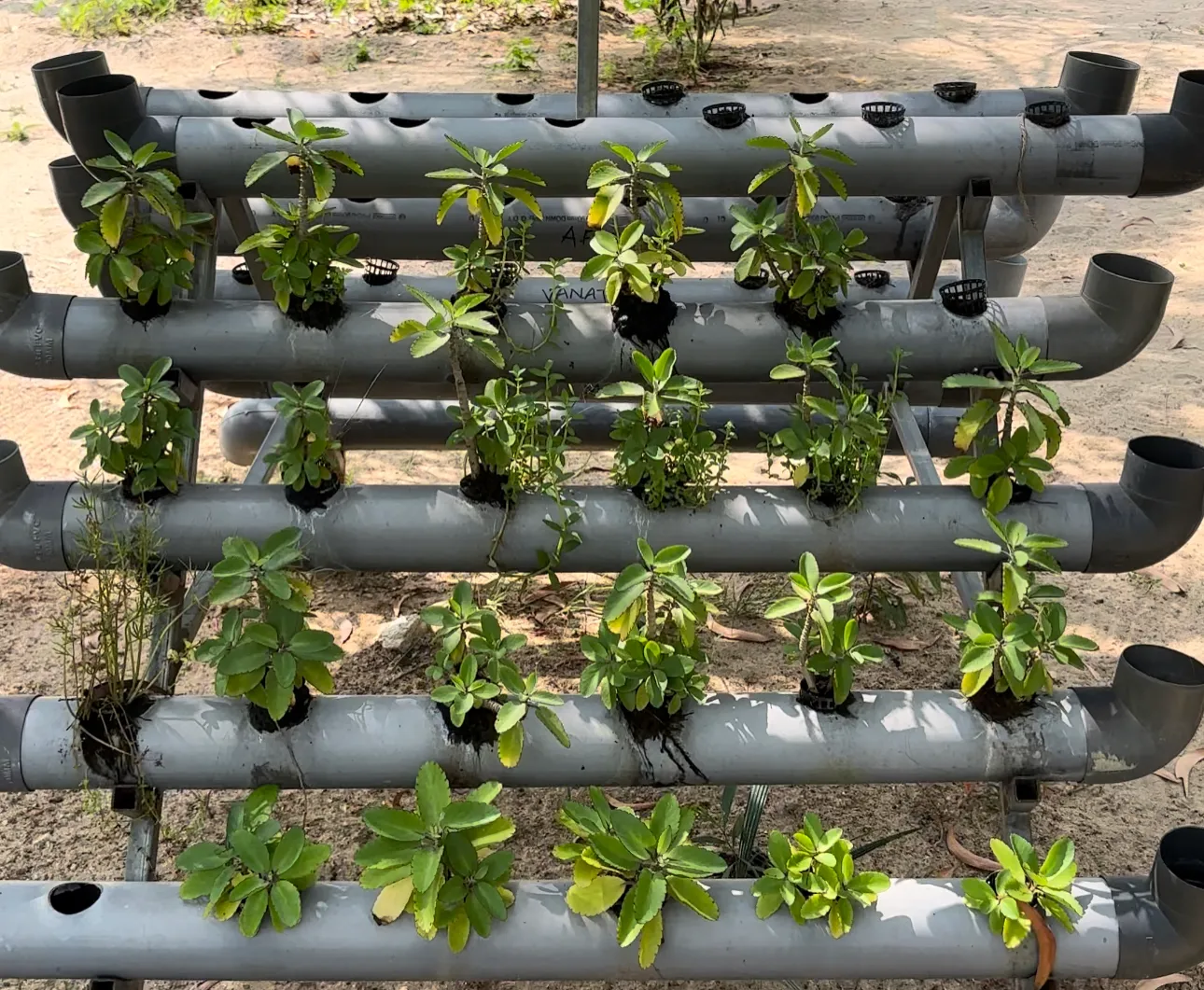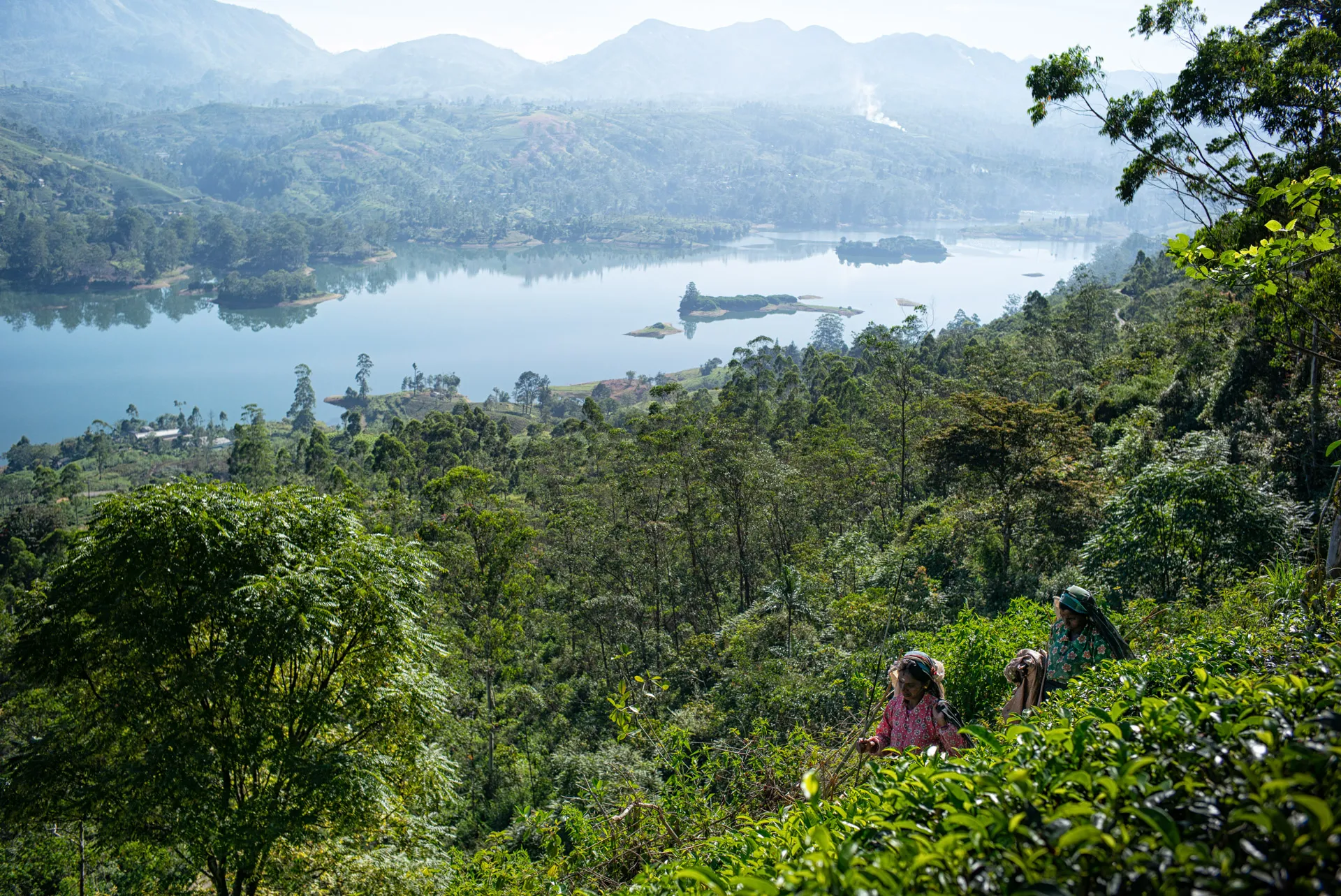Dilmah: Tea with a Mission - Krant van de Aarde
The premium price of Dilmah Tea is closely related to both the high value of pure Ceylon Tea, and the company's mission to 'decolonize' the global tea trade. We spoke with our CEO about the principle of 'kindness.'
Chapters
Respect for People, Animals, and Nature
The higher cost of a box of Dilmah tea is also attributed to the production process and the company's philosophy, as explained by Fernando: "For us, there is no other option; we pursue only one goal: delivering the very best tea to our customers, with respect for people, animals, and nature." The tea is hand-picked , and only the topmost, freshest leaves are selected. When you drink Dilmah’s Ceylon tea, you're enjoying 100% Ceylon tea, sourced from Sri Lanka (formerly known as Ceylon during the era of Portuguese, Dutch, and British colonisation). This is called "single origin," originating from one source, the Dilmah tea plantation in Sri Lanka. Dilmah claims to be the sole tea producer working in this manner, as most other tea manufacturers blend their Ceylon tea with cheaper ingredients to keep costs down. Fernando firmly rejects discounts: "When you make something cheaper, it always comes at the expense of something else in the chain: quality, nature, climate, or people." Intermediaries and retail chains like Walmart have no place in Fernando's approach: "We don't engage in 'everyday low pricing,' and we don't make compromises detrimental to our concept. We'd rather have no business than bad business."
Serving Humanity with Kindness
Dilhan's father, Merrill Fernando, who passed away in July 2023, founded the tea brand in 1985. "My father's goal wasn't to earn money or make a profit. He wanted an honest, straightforward, and sustainable business and a pure product centered around goodness and humanity. 'Serving humanity with kindness' was his motto." It's no wonder that the brand's slogan is "A cup of kindness." Since 2019, Dilhan and his brother Mahlik, as directors, have continued their father's philosophy. "It's a fantastic privilege. My father instilled in me the values of nature, community, and sustainability."
Moral Ambition: Decolonization
Dilmah has another moral ambition: decolonizing the tea industry. "Even though Ceylon gained independence from the British in 1948, tea remained a colonial product, designed for profit. This led to exploitation, especially by Europeans. Colonisation was an unethical, unfair, destructive system, and, unfortunately, it still persists, particularly in the coffee, cocoa, and tea industries. Producers and labourers still receive only a small fraction of the profits. The system was focused on exploitation and, regrettably, that's still the case. You rarely see tea brands in supermarkets bearing the producer's name. It's mostly the brands of large multinationals. Changing this injustice and exploitation begins with users, with tea drinkers." Since 1985, Dilmah has demonstrated that they possess knowledge, skills, and self-determination. However, they struggle to gain a foothold in Europe "due to unfair competition from brands that established their dominance during colonial times." Fernando emphasises: "By drinking cheap tea, you're essentially perpetuating this unfair, unethical system. Most tea drinkers don't realise this. That's why raising awareness is so important to us."
Tea Plantations Making Way for Jungle
By drinking Dilmah tea, you're not only making a positive contribution to the company and its 15,000 employees, but also to the nature of Sri Lanka. In the nineteenth century, British rulers considered nature expendable, since it didn't yield immediate profits.. Forests, which once provided shelter, food, and water, were clear-cut to make way for plantations on fertile land. "The plantations that came into our family's possession in the '90s were essentially relics of colonialism," says Fernando. Since then Dilmah, in collaboration with universities, has begun creating natural corridors between different plantations. Hundreds of hectares of tea plantations have been returned to the original jungle. By allowing tea plantations to return to their natural state, connections have been reestablished between different parts of the jungle. Fernando explains: "With this protected natural area, we enhance biodiversity in Sri Lanka and enrich the flora and fauna."
The Return of Leopards
Thanks to the program 'Dilmah Conservation,' damaged flora and fauna, (such as mangrove forests, butterflies, and frogs), have had the opportunity to recover. One prominent success is the return of leopards. The Leopard Research Centre closely monitors this remarkable predator with, among other aids, trail cameras. Previously, leopards posed a real threat to field workers, but as these animals gained more living space, the danger diminished, as the leopards retreated to where they preferred to be—in the jungle.
Fernando emphasises: "The leopard is incredibly important for the ecosystem in Sri Lanka, just like the elephant. Did you know that elephants, along with thousands of birds and other animals, sensed the 2004 tsunami coming, even before the earthquake occurred? They sought higher ground further inland in advance. Animals are much smarter than we can imagine, and they are so important to us. We are all part of the same web of life. When you help the elephant or the leopard, you're also helping buffaloes, otters, birds, frogs, fish, and so on. It's all interconnected, affecting ecosystems and improving the quality of water, air, and soil. And, in turn, our own environment." Thus, as an example, Dilmah does not use synthetic pesticides but employs natural "enemies," such as dragonflies.
Working Together for Restoration
Dilmah understands that such initiatives can only make a significant impact when carried out on a larger scale. "What we're doing is not enough; it's a random act’, says Fernando. "This can only be effective with a broad coalition, with people and businesses that understand we can work together to preserve our environment and nature." This realisation led to the establishment of the Biodiversity Sri Lanka partnership in 2012, with Dilhan Fernando serving as chairman on behalf of Dilmah Conservation. By now eighty companies have joined this consortium, working together and sharing knowledge, to make their businesses and surroundings more eco-friendly. Successful projects, such as soil restoration, combating invasive species, and the return of mangrove forests, have already led to the resurgence of certain animal and plant species. Fernando says, "Even companies that didn't consider doing anything for nature or their surroundings in their business operations a few years ago, are now enthusiastic. They see that they can contribute to improving nature and life in Sri Lanka."
The Value of Tea
Before rushing to the local supermarket for a box of Dilmah tea, you should know that you won't find it there. A few years ago, Fernando attempted to place the tea on the shelves of Dutch supermarkets: "Unfortunately, they are primarily focused on price and profit, and since we do not compromise that would harm our concept, we didn't proceed with it." The tea is, however, available at certain hotels such as Hilton. "So, mainstream retail didn't work in the Netherlands, but in the hospitality industry, as well as in eco, wellness, specialty, and health food stores, they understand and appreciate our story.
Just like the people who drink our tea," says Fernando. "We might bring you expensive tea, but once you understand the value of our tea, you're also willing to pay a bit more. Cheap tea always comes at the expense of something you don't see. I hope more and more people become aware that a cup of Dilmah tea is also a cup of kindness."
Text: Sybylle Kroon - Krant van de Aarde
Explore the world of kindness
Have you ever wondered about the lifecycle of a tea plantation, particularly how new tea plants are cultivated and old ones are managed? I went to Dunkeld Tea Estate, where the art and science of tea begins in the nursery.
Discover how the MJF Centre for Dignified Empowerment and Sustainable Development helps Eastern Sri Lanka's recovery from natural disasters and addresses climate change through sustainable practices and community-focused initiatives.
You might have heard it already, but what is exactly World Earth Day? Let us talk you through what it stands for, what it means for us at Dilmah, and how it is not just a day but a part of our values.
